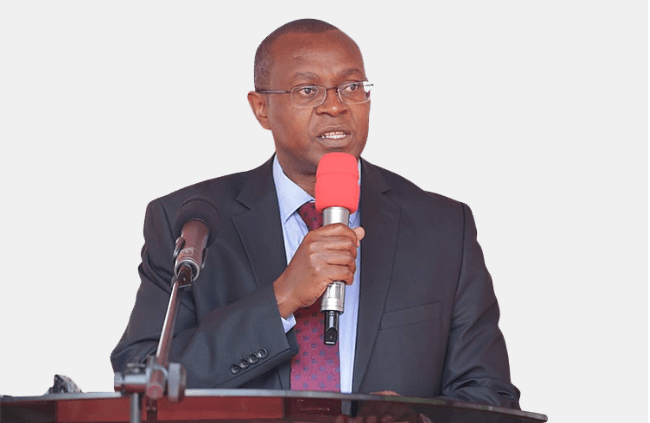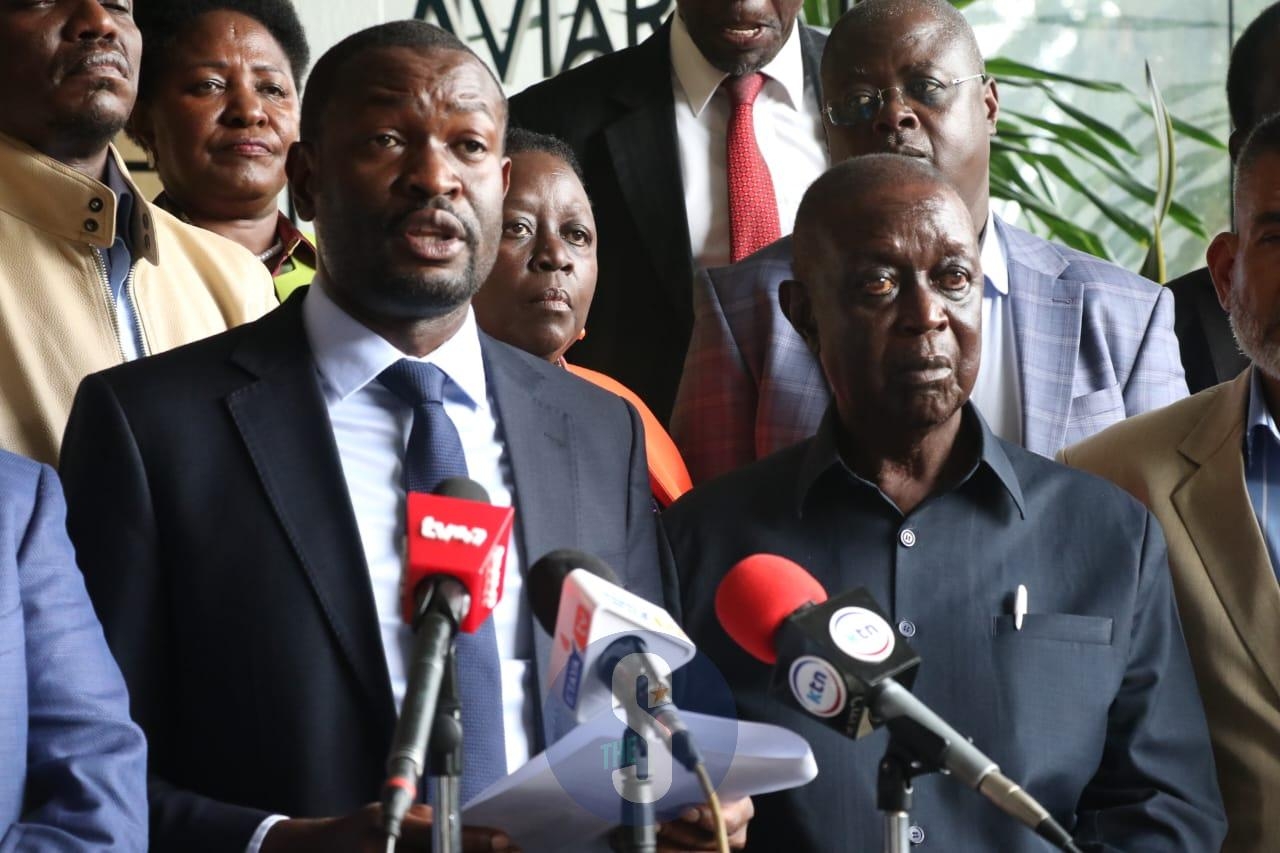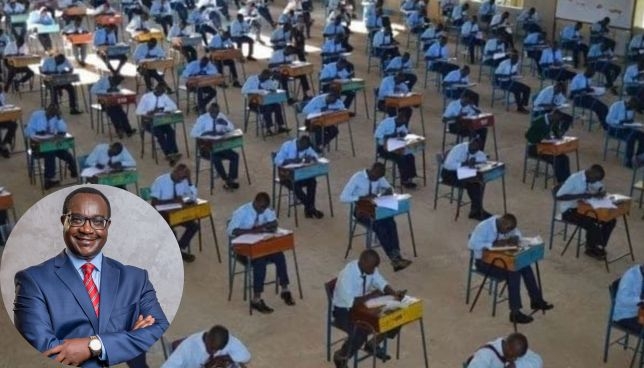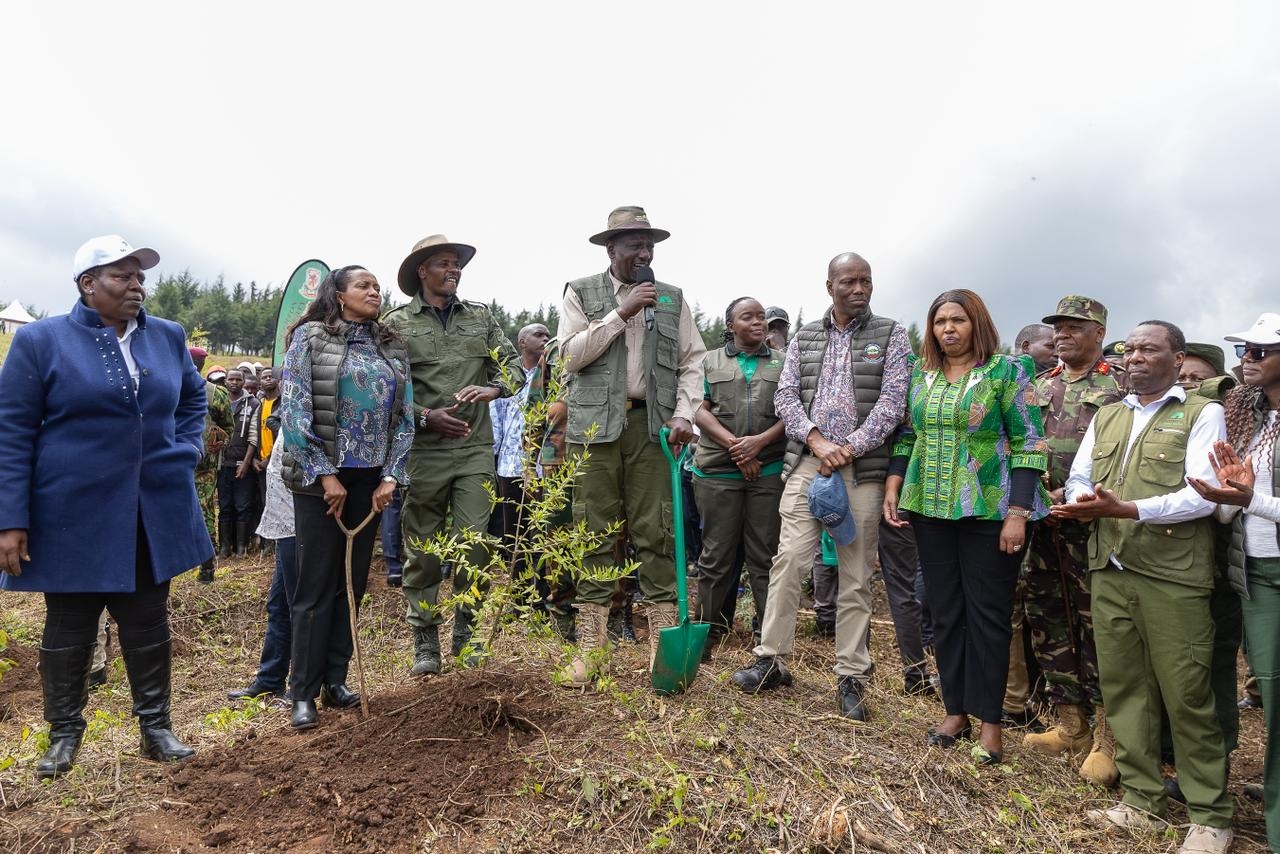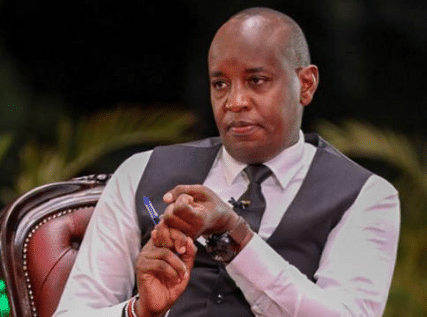Kenya is among countries on the lookout for an invasive mosquito from South Asia, which prefers to live in urban areas.
The World Health Organization says the vector, anopheles stephensi, has invaded several African countries.
WHO is concerned because unlike the other main mosquito vectors of malaria in Africa, anopheles stephensi thrives in urban settings.
“With more than 40 per cent of the population in Africa living in urban environments, the invasion and spread of anopheles stephensi could pose a significant threat to the control and elimination of malaria in the region,” WHO said in a statement.
Originally native to parts of South Asia and the Arabian peninsula, anopheles stephensi has been expanding its range over the last decade.
It has been reported in Djibouti (2012), Ethiopia and Sudan (2016), Somalia (2019) and Nigeria (2020).
It has not been reported in Kenya yet.
WHO has launched a new initiative to stop the spread of this invasive mosquito species in the region.
It said the mosquito is a significant threat to malaria control and elimination – particularly in Africa, where the disease hits hardest.
But large-scale surveillance of the vector is still in its infancy and more research and data are urgently needed.
Dr Jan Kolaczinski says they are still learning about the presence of anopheles stephensi and its role in malaria transmission in Africa.
Kolaczinski leads the vector control and insecticide resistance unit with the WHO Global Malaria Programme.
“It is important to underscore that we still don’t know how far the mosquito species has already spread and how much of a problem it is or could be,” he said.
WHO’s new initiative aims to support an effective regional response to anopheles stephensi on the African continent.
This is being done through increasing collaboration across sectors and border; strengthening surveillance and improving information exchange on the presence of anopheles stephensi and on efforts to control it.
The WHO said where feasible, national responses to anopheles stephensi should be integrated with efforts to control malaria and other vector-borne diseases, such as dengue fever, yellow fever and chikungunya.
In Kenya, there are an estimated 3.5 million new clinical cases and 10,700 deaths each year, with those living in Western Kenya at an especially high risk.
The dominant anopheles vectors include anopheles gambiae, anopheles arabiensis, anopheles merus, anopheles funestus, anopheles pharoensis and anopheles nili.
In April, health experts said they were baffled after malaria transmission shifted to areas previously considered free of the disease.
This has been attributed to the impact of climate change.
Experts have said there is increased resistance to the first line of antimalarial drugs.
Areas such as Nairobi that have for long been considered non-malarial zones are now reporting cases.
The disease burden remains the highest in counties in the Lake region, which account for 70 per cent of the 6.5 million cases nationally.
The lake region counties include Migori, Homa Bay, Kisumu, Vihiga, Siaya, Busia and parts of Bungoma and Kakamega.
“Despite the progress that we have made in the fight against malaria in the region, the 2020 World Malaria Report highlighted that we are still in a precarious position,” Health CS Mutahi Kagwe said.
“It is becoming more evident that malaria needs to be tackled at a regional level, since the efforts have not produced the desired outcome.”
(Edited by Bilha Makokha)



